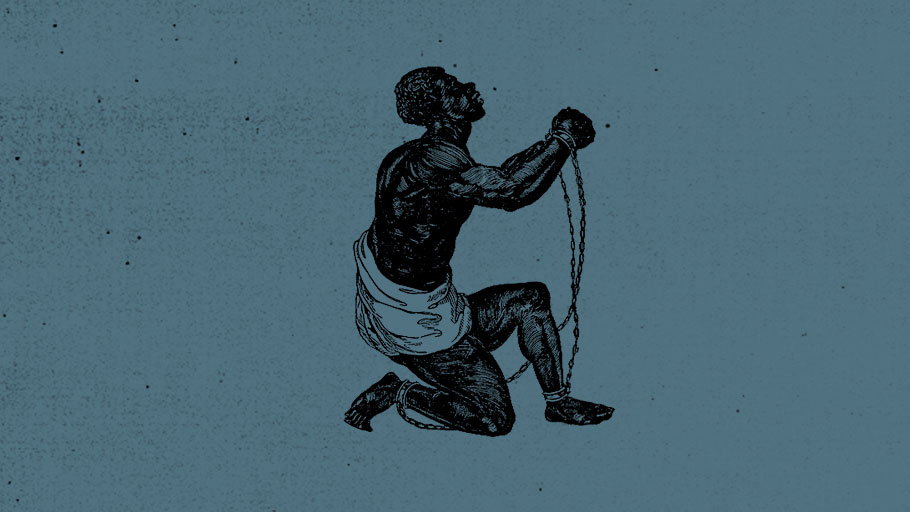Yusuf Nuruddin, a veteran activist, has worked with the Network of Black Organizers, the National Black United Front and the Black Radical Congress. Currently he is adjunct professor of African American Studies and social science at the New School University, Co-Chair of the Brecht Forum/NY Marxist School, a broadcast journalist on WHCR community radio and MNN public access tv, and serves on the editorial board of Socialism and Democracy.
Preview: The demand for reparations is the international Human Rights agenda for the twenty-first century, one that attempts to redress “the problem of the twentieth century,” as stated by DuBois, “the problem of the color line, — the relations of the darker to the lighter races men in Asia and Africa, in America and the islands of the sea.” 1 Elsewhere in this volume are papers which address the international dimensions of reparations – in particular the debt owed to Africa by Western powers for the holocaust of slavery and colonialism. (I don’t use the word “holocaust” lightly – over ten million Africans were killed in the Congo alone during the Belgian occupation under King Leopold’s rule). 2 Not only is redress for this crime against humanity an international issue, there is also international solidarity of African peoples, continental and Diasporan, in this reparations movement. The worldwide issues are complex, involving the case by case specifics of former colonial relationships, the adjudication of international law, and the restructuring of international debt and loan agreements. For the sake of clarity, I will restrict my focus to issue of reparations owed to African Americans for their enslavement in the United States.
CLICK TO CONTINUE READ – The Promises and Pitfalls of Reparations (PDF)














